2020-08-30 【Aiden in English】
Uniqueness. Teachers teach young children that everyone is unique in their own way. Diversity, they call it. In truth, every person is unique. Genetics and environmental factors say so. In today's world, it's never more important to be exceptional. That's what my teachers tell me anyway. It's hilarious that being unique can also be the most common aspect of a person. Take a car assembly line. Every worker provides drastically different services to the one beside them on each line. One worker may wield a door to a frame; the next may screw the seats in place. They are two unique bodies with completely diverse skills and contrasting jobs in an isolated scenario. No one, however, sees them as unique. They are both car manufacturers, nothing more, nothing less, to society. It's a constant struggle to feel unique in today's world. The United States population has ballooned to 330 million as of August 2020, and every aspect of the economy, internet, workplace, education, music, sports, you name it, now appears inflated with people. The average human lifespan in North America is approximately 80 years. That's around 2,522,880,000 seconds. If you lived in North America and wanted to meet every person on the continent (579 million), then you would only have 4.34 seconds per individual. Anything of relative commonplace below 5 seconds is a blow-by in a passing day. This minuscule event won't even lodge itself into your memory (if you disagree, ask yourself what the last YouTube advertisement you saw was about). In general, we won't see 500 million folks in our lifetime, but there are a couple of hundred thousand we'll likely interact with. Studies show that an average person can remember around 5,000 faces. Among those, only a few hundred we'd consider acquaintances, while a fraction of that can be categorized as friends or family. People's minds are precious real estate. For most, every "unique" person you see is thrown into the unimportant junk, never to be used again, because, at some point, the "meeting new people" thing becomes a common event that no one cares to invest more time in. Take the high school student working at the ticket booth to a theater (if those still exist in 2020). I recognize him from my school, but I don't see him often. There's no benefit to either of us to introduce ourselves to each other and chit-chat while a long line of people waiting for Frozen 2 tickets piles up behind us. 99.9% of interactions will blow past us in our lifetimes without much thought. But specific figures inspire you to think about how gardening in concert with nature is essential to improving the health of our planet. 【红霞译】
与众不同。老师向少年儿童灌输每个人都有自己独特之处,由此衍生出多样化。
实际上,人略有不同,遗传作用及环境因素早有定论。在当今世界中,没有什么比独特性更加重要,难怪老师们都这样告诫我。 另把独特性当作人之常见的东西倒是蛮有趣的。以汽车装配为例,生产线上各个劳动对象均为下一道工序提供天差地别的服务:一个工人给门框镶车门;隔壁的那位给座位拧螺丝。就个案而言,他俩无论在技能上还是在工种上都截然有异。 然而,没人认为他们举世无双。对社会而言,两人都是汽车制造工,仅此而已。如今欲求标新立异需要做出不懈努力。截止到 2020 年八月为止,美国人口激增至三亿三千万,经济、网络、职场、教育、音乐、体育等各行各业随着…人口爆炸而蓬勃发展。 北美人均寿命80年左右,约为廿五亿两千二百八十八万秒。如果你在北美洲生活并想遇见每个人(五亿七千九百万),那么需要平均每人四点三四秒。以往任何少于五秒不起眼的事情如同过眼烟云,从不会引起重视(假如不信,就请扪心自问上次油管广告你看到了啥)。一般说来,我们一生见不到5亿人,能打上交道的充其量千把百位而已。
研究表明,常人只能记住大约五千张面孔,而熟知的不过几百张,其中包括一小部朋友与家人。理性认证是宝贵财富。多数情况下,人的“特质”统统被当成无关紧要的垃圾弃而不用,因为在某种意义上,“结识新朋友”趋于常态,没人肯花工夫去发掘独一无二的东西。就拿在售票处打工卖戏票的高中生来说(假如2020年一切如常),我认出他是自己高中同学,但极少碰面,因此当身后排成长龙等待观看《冰雪奇缘2》时,彼此不好再套近乎聊天。 人生中99.9%的互动都碰撞不出太多思想,但是某些看似忽略不计的个例却能激励大家去思考与自然和谐相融的园艺如何对改善地球健康至关重要。 Today in History(历史上的今天): 2014: Labor Day Weekend Party(劳工节周末聚会) 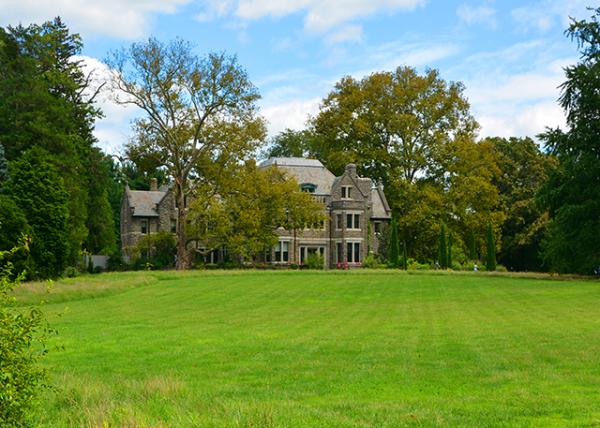 Haas' Stoneleigh (哈斯“野兔”的斯通利“石林空地”庄园) Haas' Stoneleigh (哈斯“野兔”的斯通利“石林空地”庄园)
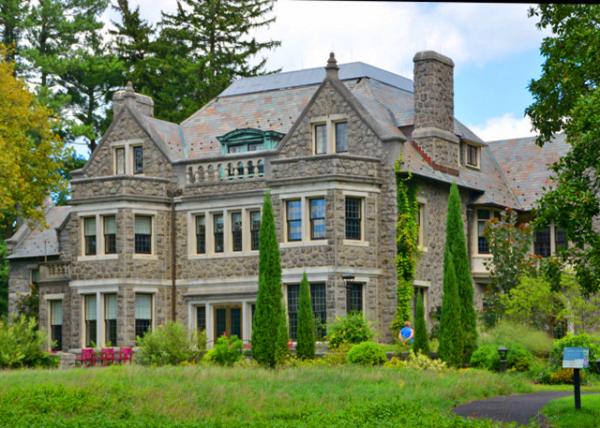 Tudor Revival Mansion Built in 1900, Stoneleigh Tudor Revival Mansion Built in 1900, Stoneleigh
(斯通利庄园·1900建造的都铎“人民的统治者”复兴式宅第) 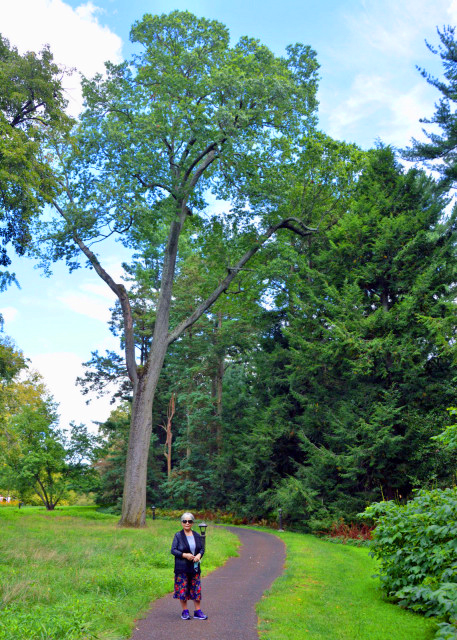
Great Lawn of Stoneleigh (斯通利庄园·大草坪 08-30-2020) 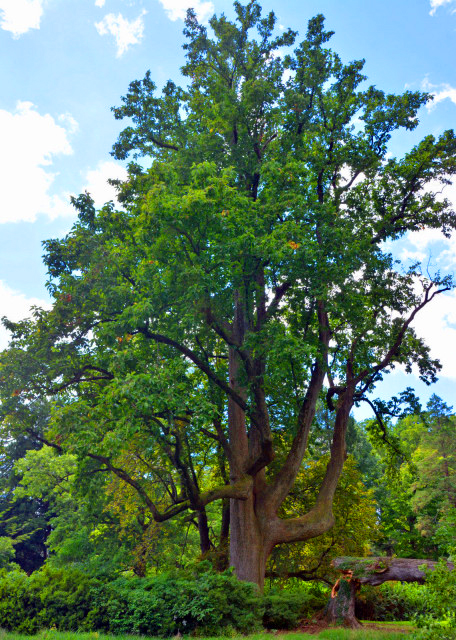
Catalpa Trees of Stoneleigh (斯通利庄园·楸树林) 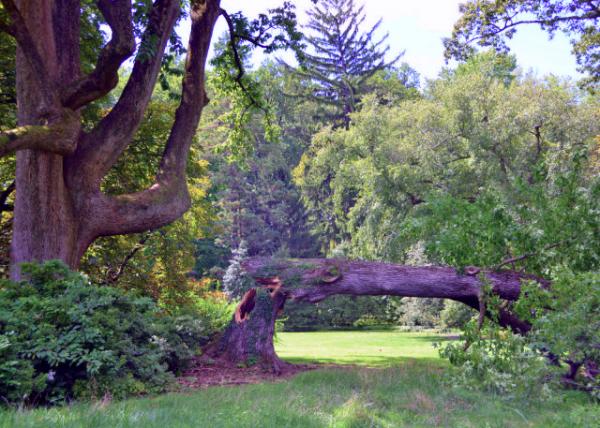 Derecho Ruin @ Stoneleigh in June 2020 Derecho Ruin @ Stoneleigh in June 2020
(斯通利庄园·2020年六月强风暴后惨状) 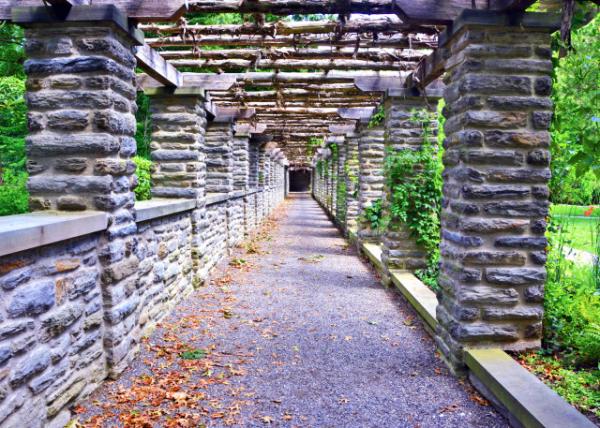 Pergola of Stoneleigh (斯通利庄园·蔓藤架) Pergola of Stoneleigh (斯通利庄园·蔓藤架)
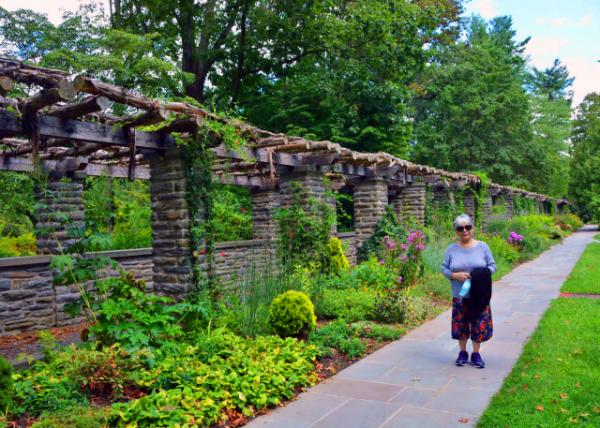 Outside Pergola of Stoneleigh Outside Pergola of Stoneleigh
(斯通利庄园·蔓藤架外 08-30-2020) 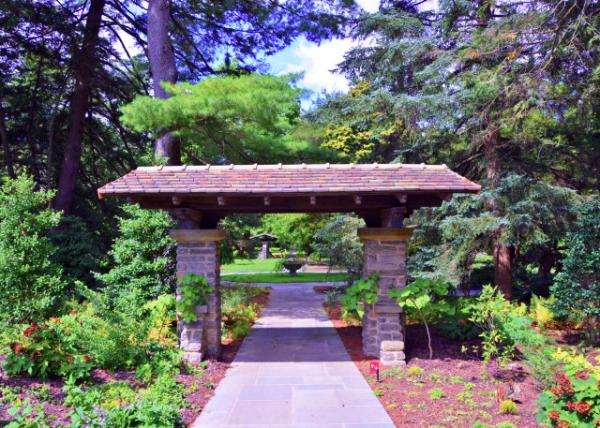 Gateway of Stoneleigh (斯通利庄园·门道) Gateway of Stoneleigh (斯通利庄园·门道)
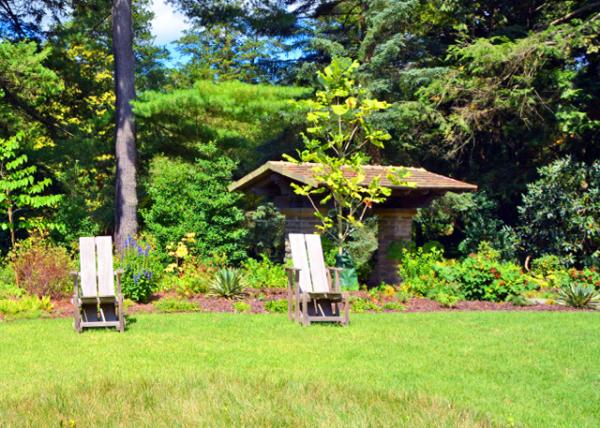 Pool House Court of Stoneleigh (斯通利庄园·游泳池小屋花园) Pool House Court of Stoneleigh (斯通利庄园·游泳池小屋花园)
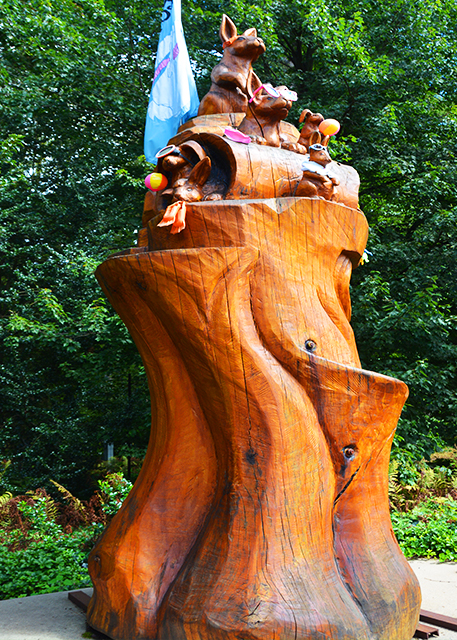
Hare/Haas Family Tree of Stoneleigh (斯通利庄园·哈斯家木雕) 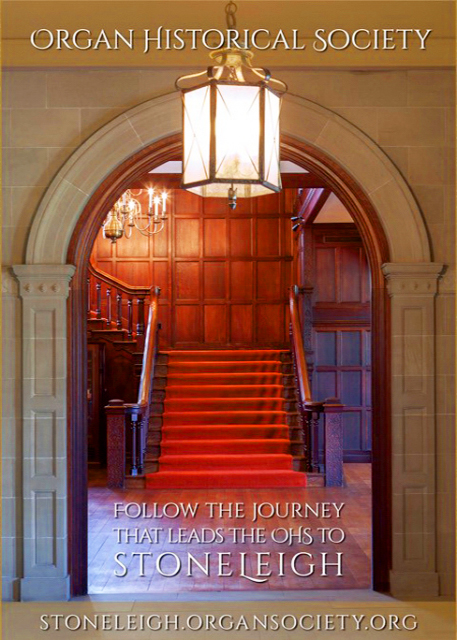
Stoneleigh, Home to the Organ Historical Society (斯通利庄园·管风琴历史学会所在地) Crosslink(相关博文): 11th Grade(高中三年级) |
